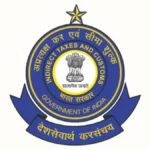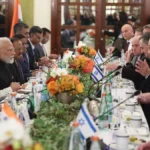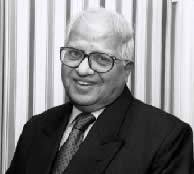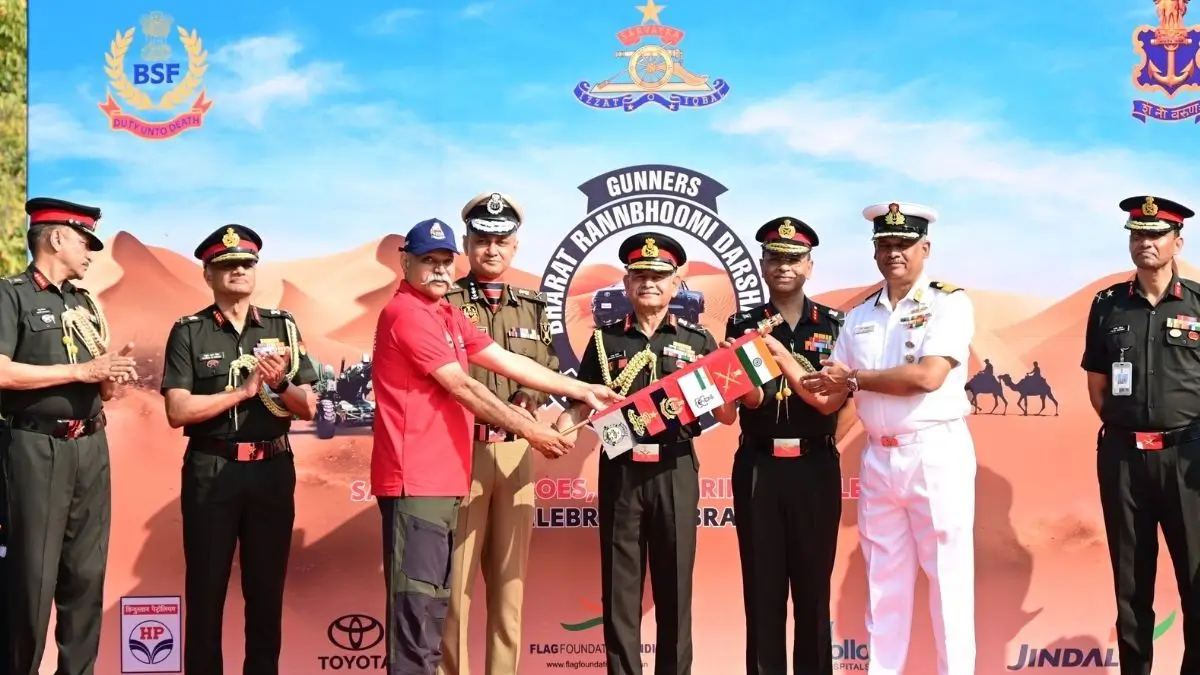The Legacy of India’s First Foreign Secretary: A Milestone in Diplomacy
Introduction to India’s First Foreign Secretary
India’s diplomatic landscape was significantly shaped by the appointment of its first Foreign Secretary, S. K. Singh. His tenure marked the beginning of a new era in India’s international relations, setting the stage for a robust foreign policy. Singh’s extensive experience and strategic foresight played a pivotal role in navigating the complexities of global diplomacy during the early years post-independence.
Contributions to Indian Diplomacy
S. K. Singh was instrumental in establishing diplomatic ties with several countries and crafting policies that would ensure India’s position on the global stage. His efforts in strengthening bilateral relations and participating in international organizations laid a strong foundation for India’s future diplomatic engagements. Singh’s work extended beyond mere diplomacy; he focused on economic cooperation and cultural exchange, recognizing their importance in fostering goodwill.
Challenges Faced During His Tenure
Despite his successes, Singh faced numerous challenges, including territorial disputes and economic constraints. The political climate of the time required a delicate balance of power, which Singh managed with remarkable skill. His ability to communicate effectively with various stakeholders, both domestically and internationally, was crucial in addressing these challenges and maintaining India’s sovereignty.
Impact on Future Generations of Diplomats
S. K. Singh’s legacy continues to influence current foreign policy strategies in India. His vision of a non-aligned and independent foreign policy is still relevant today. The principles he advocated for—strategic autonomy, economic diplomacy, and cultural outreach—serve as guiding frameworks for contemporary diplomats. His contributions have inspired generations to engage proactively in global affairs, emphasizing the need for robust diplomatic channels.
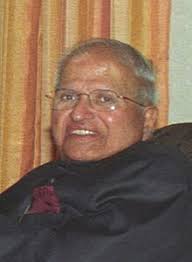
Why This News is Important
Significance in India’s Diplomatic History
The appointment of S. K. Singh as India’s first Foreign Secretary was a landmark moment in the country’s diplomatic history. It established the framework for how India would engage with the world, emphasizing the need for a dedicated official to oversee foreign relations. This position has evolved over time but remains crucial in shaping India’s foreign policy direction.
Influence on Current Diplomacy
Singh’s approach to diplomacy laid the groundwork for subsequent foreign secretaries, influencing modern diplomatic practices. His emphasis on bilateral relations, strategic partnerships, and international collaboration has become integral to India’s foreign policy, making this news relevant for students preparing for government exams, especially in the fields of international relations and diplomacy.
Learning from Historical Leaders
Studying the contributions of figures like S. K. Singh provides valuable insights into the qualities and skills necessary for effective diplomacy. Future leaders can learn from his experiences, understanding the importance of negotiation, cultural sensitivity, and strategic planning in international relations.
Historical Context
Background of Indian Diplomacy
Following India’s independence in 1947, the nation faced numerous challenges on the global stage. The need for a coherent foreign policy became apparent as India sought to assert its sovereignty while managing relationships with neighboring countries and major powers. The establishment of the Foreign Secretary position was pivotal in addressing these challenges.
Global Political Climate
The post-World War II era was characterized by shifting alliances and the emergence of new nations. India, positioned as a newly independent country, aimed to navigate this complex landscape while promoting peace and stability. S. K. Singh’s diplomatic strategies were influenced by this global context, as he sought to establish India’s role as a leader in the Non-Aligned Movement and advocate for decolonization.
Key Takeaways from “The Legacy of India’s First Foreign Secretary”
| Serial Number | Key Takeaway |
|---|---|
| 1 | S. K. Singh was the first Foreign Secretary of India. |
| 2 | He played a crucial role in establishing India’s foreign policy. |
| 3 | Singh emphasized economic cooperation and cultural exchange. |
| 4 | His tenure faced significant challenges, including territorial disputes. |
| 5 | Singh’s legacy continues to influence modern diplomatic practices in India. |
Important FAQs for Students from this News
1. Who was the first Foreign Secretary of India?
S. K. Singh was appointed as the first Foreign Secretary of India.
2. What was the significance of S. K. Singh’s appointment?
His appointment marked the establishment of a dedicated role for managing India’s foreign relations, which was crucial for shaping the country’s diplomatic strategies post-independence.
3. What were the key contributions of S. K. Singh?
Singh played a pivotal role in establishing diplomatic ties, strengthening bilateral relations, and participating in international organizations, laying a strong foundation for India’s foreign policy.
4. What challenges did S. K. Singh face during his tenure?
He faced challenges such as territorial disputes and the need for economic cooperation in a complex political climate.
5. How has S. K. Singh’s legacy influenced modern diplomacy in India?
His vision of strategic autonomy and cultural outreach continues to guide contemporary diplomatic practices in India.
Some Important Current Affairs Links







